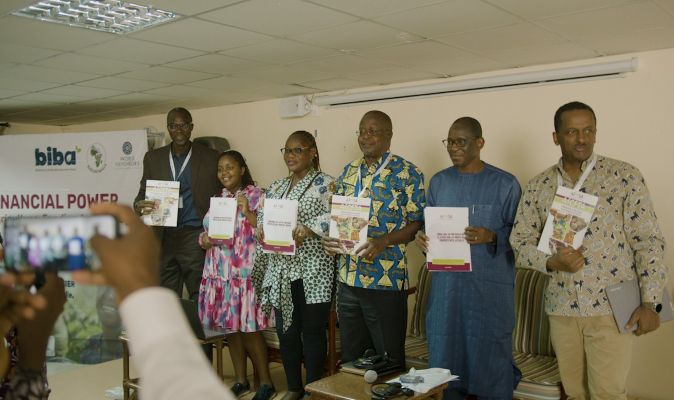
“Food security”—having enough to eat–has long been an interest of international development organizations that work in African countries and the governments and foundations that fund them.Now a new goal has entered the picture—
Food sovereignty.
To understand what that means, it’s first important to know what achieving food security has often entailed for development organizations and governments: Increased investment in “green revolution” industrial agriculture techniques used in Europe, North America and other areas. While these techniques can dramatically raise output and productivity, especially of commodities like soy and corn, they also mean consolidation of land holdings, mechanization and increased chemical inputs—many of the changes the US government and others are trying to ameliorate in the US.
Hundreds of civil society groups in Africa have called on foundations and governments to stop funding these initiatives. Rather, they want to see support for investment and other actions that enable family farmers to increase output and productivity of healthy goods tailored to local needs, adopt sustainable techniques that conserve and protect resources and invest in and develop processing facilities that enable farmers and their communities to add value—and capture the profits. This is food sovereignty.
World Neighbors, a US-based NGO that helps family farmers increase agricultural output through sustainable techniques, is a signatory to the statement organized by the Alliance for Food Sovereignty in Africa (AFSA), the main group that advocates and supports this agenda. World Neighbors runs projects in Kenya, Uganda, Tanzania, Malawi, Burkina Faso and Mali designed to help communities achieve food sovereignty. Chris Macoloo, World Neighbors Africa Regional Director and former AFSA Chair, could provide more details on what civil society groups think works in Africa and why a “green revolution” would reproduce many of the climate and other harms evident in other regions.







